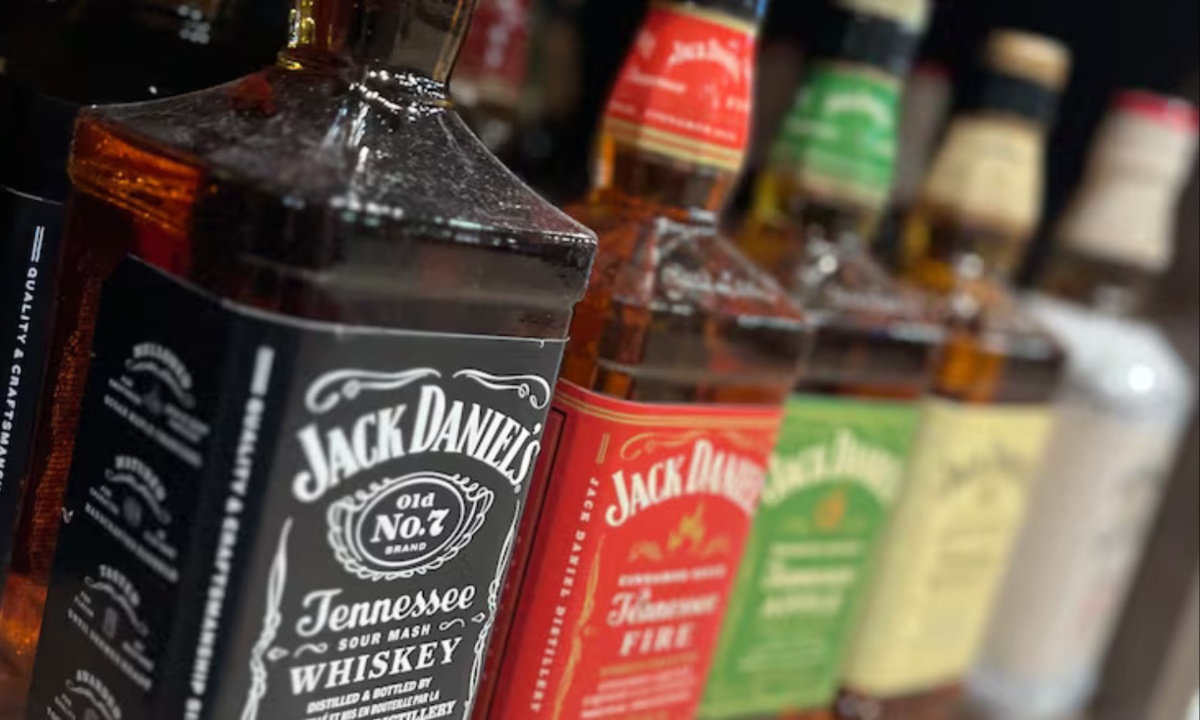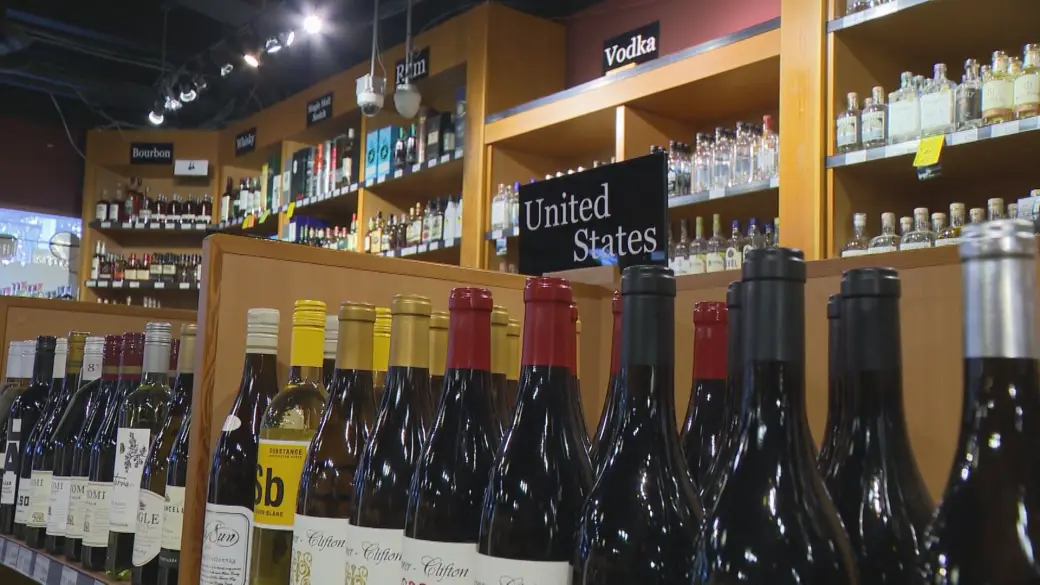In reaction to escalating trade tensions and political threats from U.S. President Donald Trump, British Columbia (B.C.) has decided to remove all American alcohol from government-run liquor stores. Premier David Eby announced that the B.C. Liquor Distribution Branch had stopped purchasing beer, wine, and liquor from the United States and had already taken existing stock off store shelves.
Eby emphasized that the move was both a direct response to U.S. policies affecting Canadian industries and a reflection of growing public sentiment in B.C. against American products. The decision follows an earlier restriction that targeted alcohol from Republican-led states but has now been expanded to cover all U.S.-produced liquor.
Trade Tensions Rise as B.C. Bans U.S. Liquor Amid Economic Concerns
Eby justified the ban by pointing to Trump’s threats against B.C.’s dairy and lumber industries, as well as his remarks on Canadian sovereignty, water resources, and border policies. The premier took a firm stance, quipping that if Trump was so interested in Canadian water, B.C. would reciprocate by keeping American “watery beer” off its shelves.
The move reflects growing tensions between Canada and the U.S., with B.C. now taking a stand by leveraging its alcohol market. The government insists that this measure strictly applies to liquor produced in the U.S., meaning American brands manufactured in Canada, such as Budweiser and Coors Light, remain unaffected.

The decision could have unintended consequences for both Canadian and American businesses. The Brewers Association, representing over 5,500 craft breweries in the U.S., has expressed concern over the ban. The U.S. is a major beer exporter to Canada, sending approximately 75,000 hectolitres annually.
Many of these American breweries depend on Canadian materials such as barley and malt, highlighting the integrated nature of the North American supply chain. Banning U.S. alcohol could disrupt business for Canadian farmers and suppliers who provide essential ingredients to American brewers, potentially leading to economic setbacks on both sides of the border.
Expanding Economic Measures: B.C. Targets Trade, Tourism, and U.S. Coal Shipments
Despite potential drawbacks, Eby remains committed to prioritizing Canadian products and reducing reliance on American goods and services. He encouraged consumers to explore B.C.-made and other Canadian alcoholic beverages as alternatives.
Additionally, he revealed a personal sacrifice—canceling a planned family trip to Disneyland—as part of his commitment to withholding Canadian tourism dollars from the U.S. The premier’s stance suggests a broader strategy to minimize economic ties with the United States in response to Trump’s policies, possibly influencing further trade decisions in the future.
The B.C. government is not stopping at alcohol bans. Plans are underway to introduce legislation that could impose fees on commercial trucks traveling from Washington State to Alaska via British Columbia. Additionally, discussions are ongoing with the federal government about implementing tariffs or even an outright ban on U.S. thermal coal shipments passing through B.C.
These actions signal a more aggressive approach in Canada-U.S. trade relations and suggest that further economic countermeasures may be on the horizon. With tensions rising, the coming months could see additional retaliatory steps from both sides.


